As the United States clearly leverages tariffs as a bargaining chip in its dealings with trade partners, the rest of the world must stand together to respond in a cooperative manner, rather than negotiate for Washington's mercy, economists have urged.
"The U.S. economy is large indeed, but it only makes up 15 percent of global trade," said Justin Yifu Lin, former chief economist at the World Bank, and dean of the Institute of New Structural Economics at Peking University.
"If the rest of the world, accounting for 85 percent of world trade, comes together to oppose the U.S. tariff wars and pursues economic exchanges in a more open and mutually beneficial manner, the U.S. will only end up hurting itself more than other economies," Lin added.
U.S. President Donald Trump said on Tuesday that the 145 percent tariff he imposed on Chinese imports "is very high" and it "won't be that high "and will eventually "come down substantially", as he expressed optimism about future talks to reach a trade deal between the world's two largest economies.
This rapid shift in the White House's stance toward China within less than a month — from one of maximum pressure to a more conciliatory approach — is largely due to Beijing's resolute countermeasures in defense of its own interests, rather than any willingness to compromise in negotiations with Washington, experts said.
On Tuesday, White House press secretary Karoline Leavitt said more than 100 countries have reached out to the U.S. to initiate trade talks after Trump announced sweeping universal tariffs earlier this month, with 18 nations having submitted proposals. China is not among these.
Instead, the multiple rounds of U.S. tariffs on Chinese imports have prompted China to hit back with counter-tariffs on U.S. exports totaling 125 percent.
"When smaller economies, whether it's ASEAN or African nations, attempt to negotiate with the U.S. one-on-one, they lack sufficient bargaining power to obtain the concessions they desire, as the U.S. holds a much stronger negotiating position," Lin said.
Another problem when dealing with the U.S. is that even if these smaller economies agree to certain terms, the U.S. may demand even more concessions from them, Lin said.
"I hope that all countries can work together, not only for their own interests, but also for the collective wellbeing and development of the entire world," Lin added.
Yang Weiyong, an associate professor at the University of International Business and Economics, said that China, as the world's second-largest economy, can seek deeper economic cooperation with Europe by proactively expanding imports from the continent and even cutting all tariffs on imports from the European Union to zero.
Yang added that there is also significant room for China and the EU to strengthen two-way investment flows by resuming negotiations on the China-EU Comprehensive Agreement on Investment.
"By joining hands, China and the EU can not only strengthen their bargaining power in dealing with the U.S. and defend their own interest, but can also set an example for the rest of the world, encouraging more economies to further open up to each other and jointly fight against U.S. economic bullying," Yang said.
Despite the external pressures stemming from Washington's tariff hikes against Beijing, experts believe that China is capable of achieving its annual growth target of around 5 percent this year.
"Many of the policy measures that the Chinese government take in response to the U.S. actions should have already been war-gamed and considered in our scenario simulations," Lin said. "Beijing has sufficient tools at its disposal."
As part of China's latest moves to boost consumption, the country plans to further expand the coverage of its unilateral visa-free entry policy, and open more tax-refund stores and optimize tax refund procedures for overseas visitors.
China's recent policies that allow overseas visitors to get their tax refunds right after purchases at designated stores nationwide are expected to attract more visitors.
For the upcoming May Day holiday that runs from May 1 to May 5, the booking volume of inbound travel products has surged over 170 percent year-on-year, according to Trip.com Group, China's largest online travel agency.
"We will continue to innovate consumption scenarios, create an international friendly consumption environment and further promote inbound consumption," said Li Gang, director-general of the department of market operation and consumption promotion at the Ministry of Commerce.
Meanwhile, the commerce ministry, together with five other departments, launched the "Shopping in China" campaign on April 13 to help stimulate domestic consumption, and various promotional events will be carried out nationwide.
"While the U.S. has thrown the world into chaos, China has concentrated on doing its own work well, making the Chinese economy a stable anchor for the development of the world economy, global trade, and world peace," said Chen Wenling, former chief economist at the China Center for International Economic Exchanges.
"China not only stands on its own position to solve its own problems, but also stands on the global position to solve global issues," Chen added.













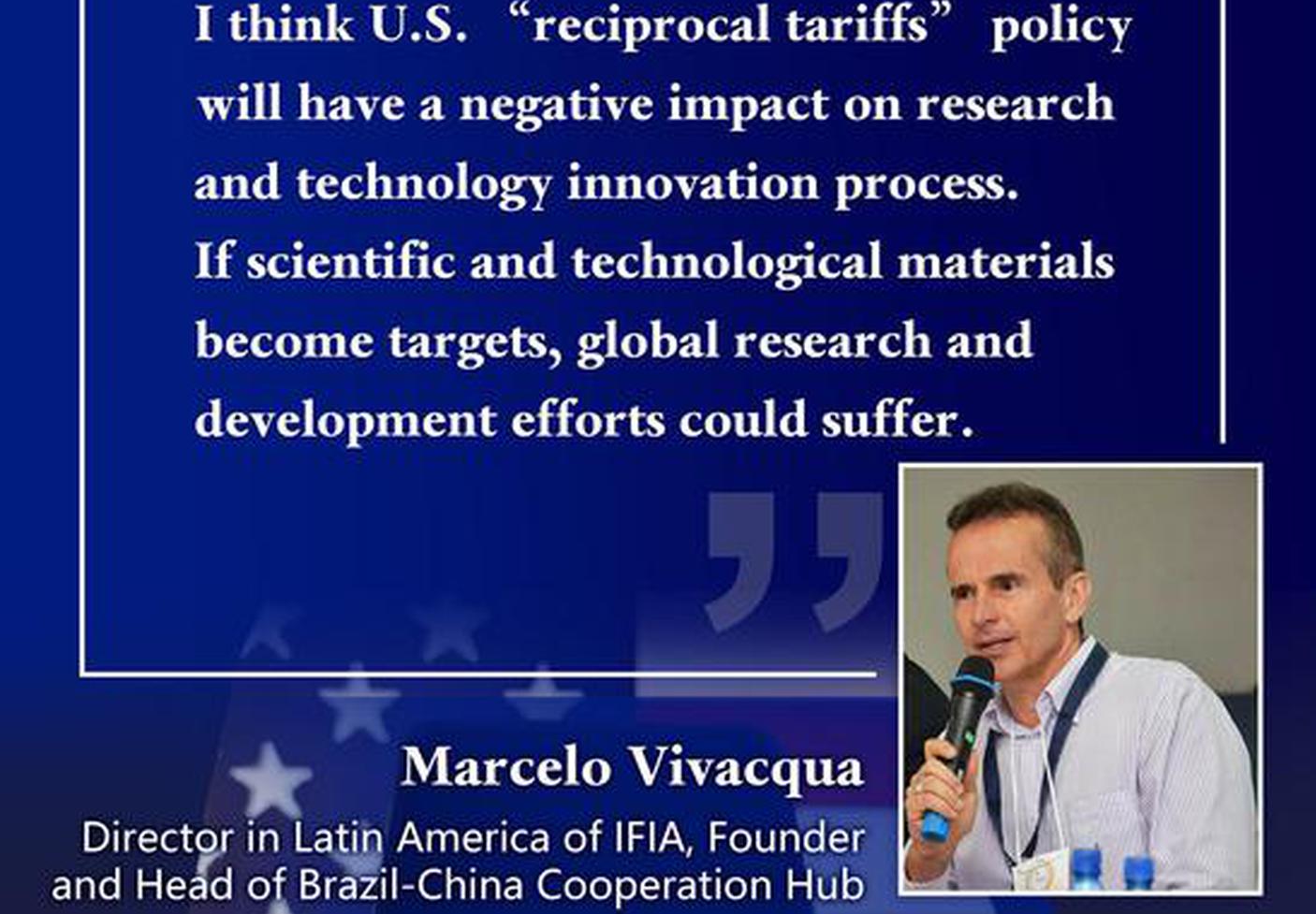








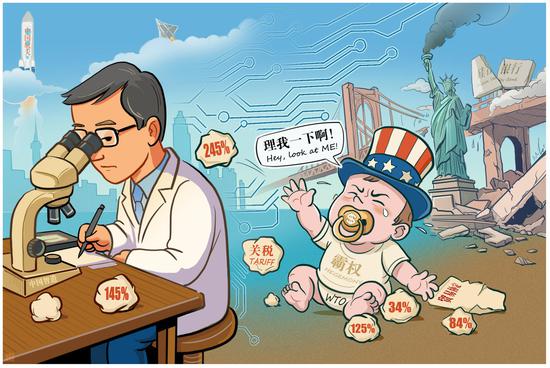




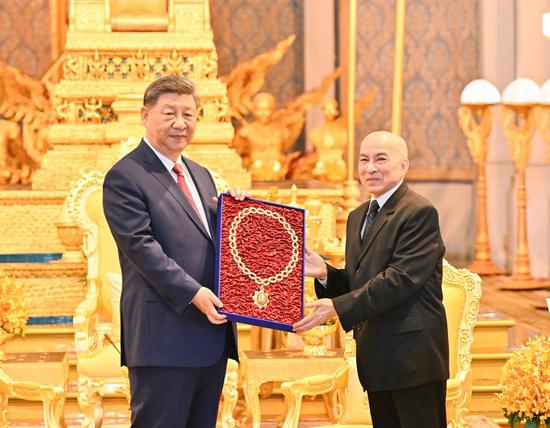

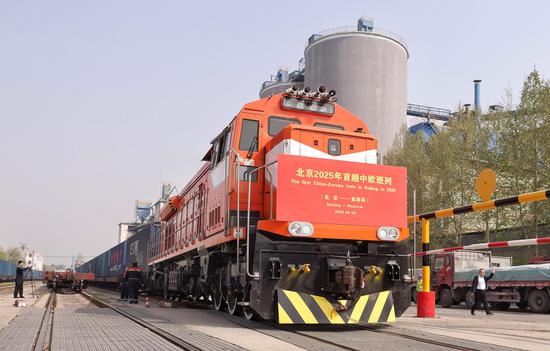

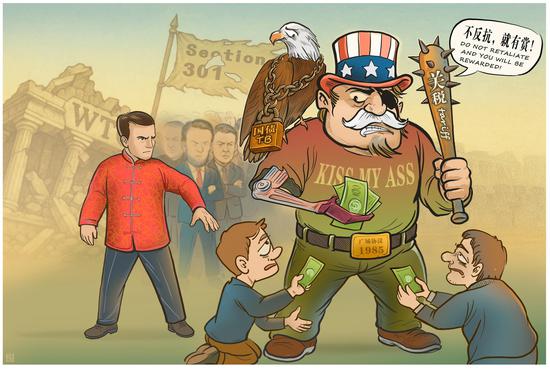


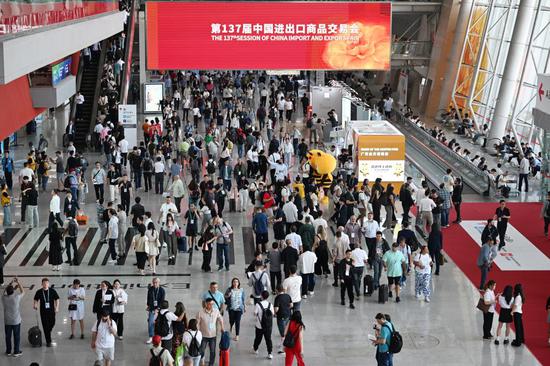
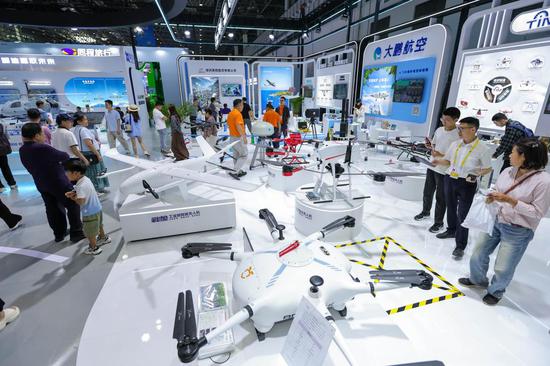
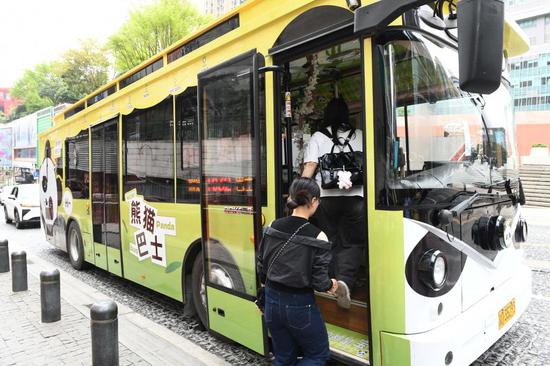

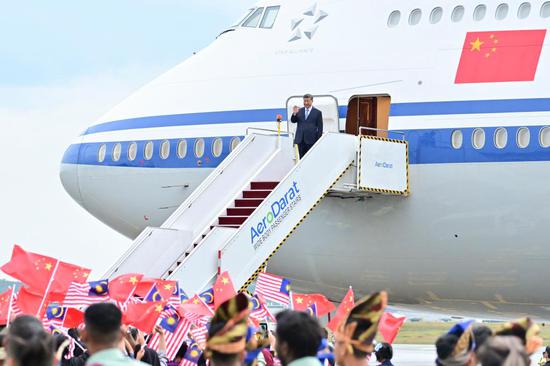







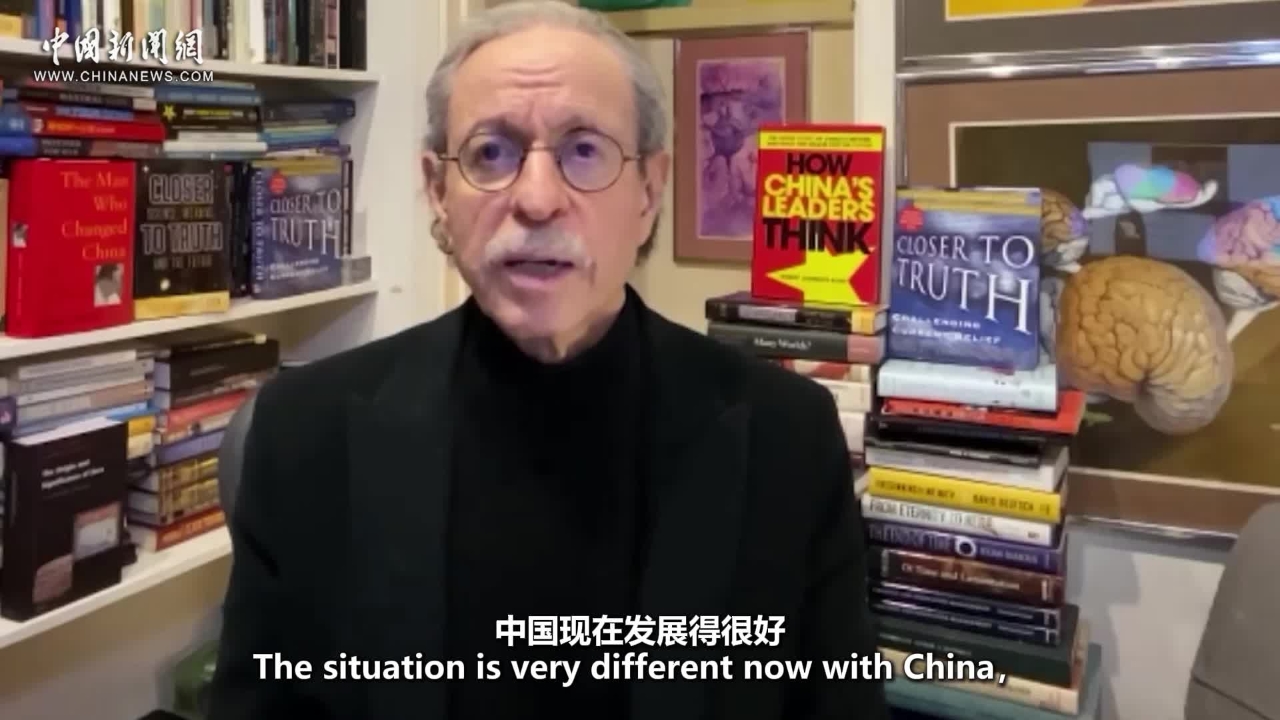



 京公網安備 11010202009201號
京公網安備 11010202009201號